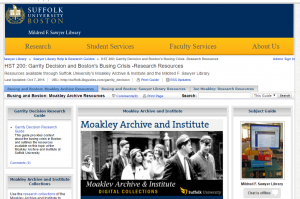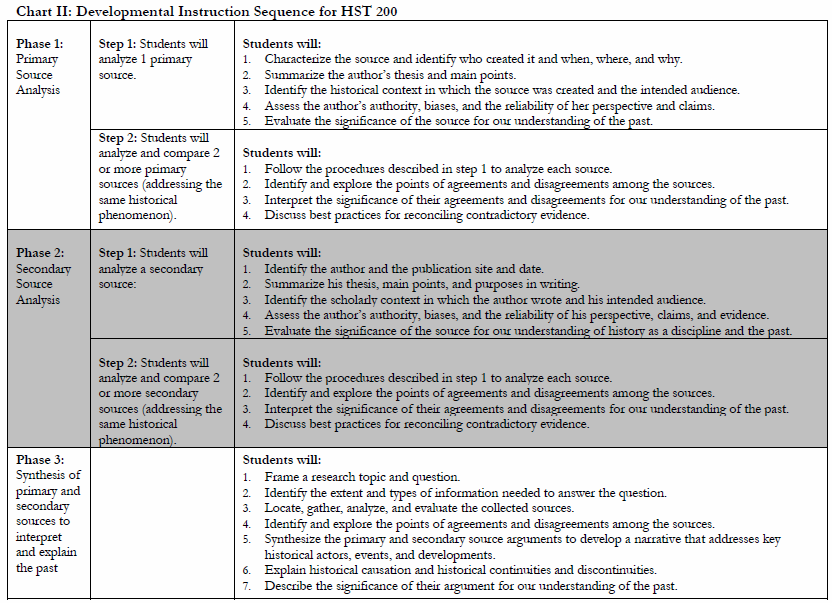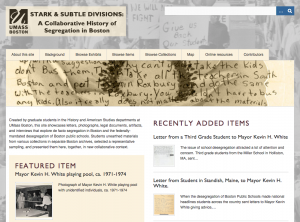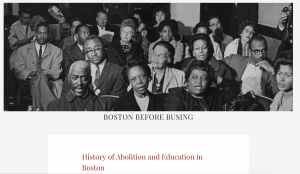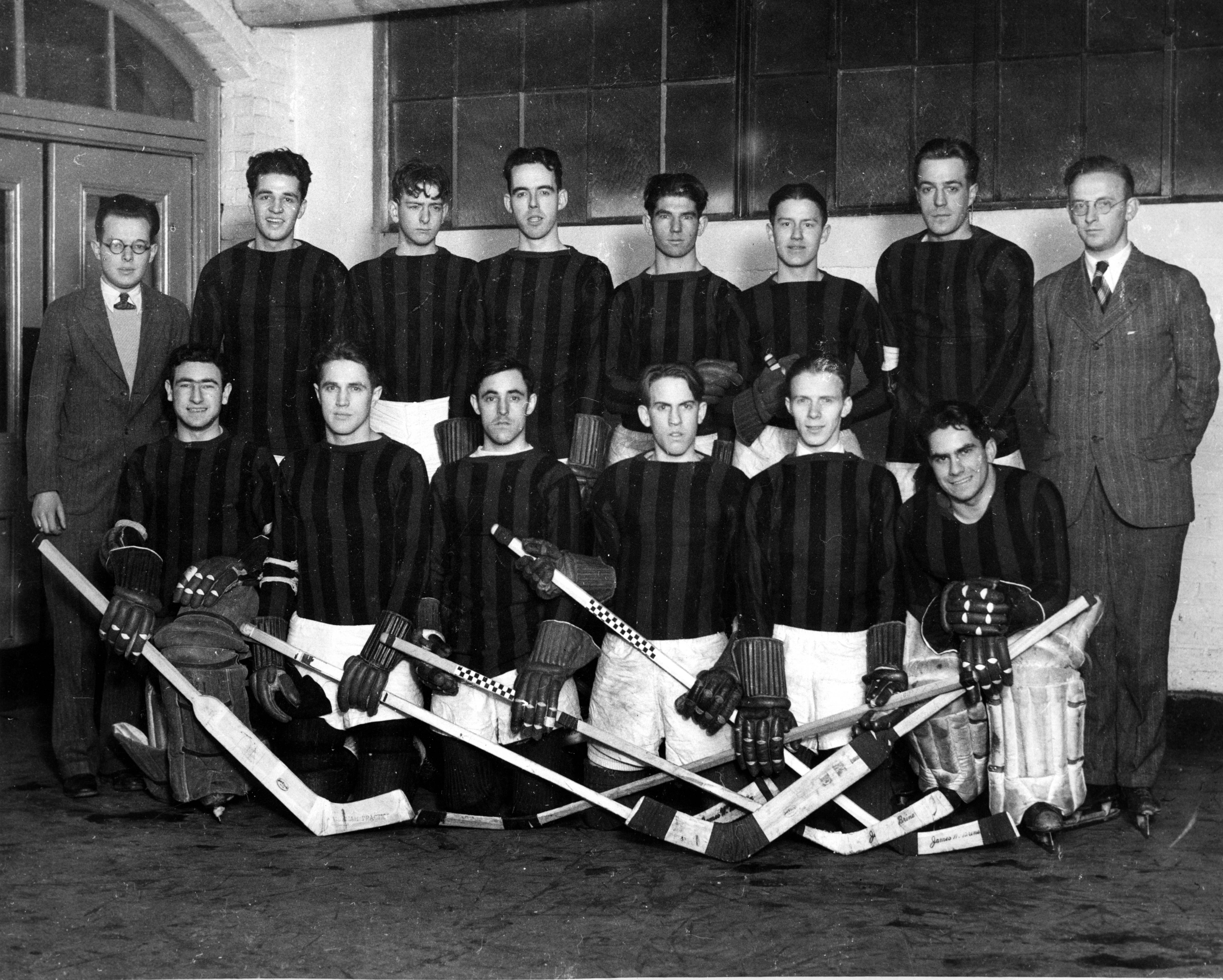A Room Full of Sisters: The Boston Coalition of Black Women and Female Empowerment from the Ground Up
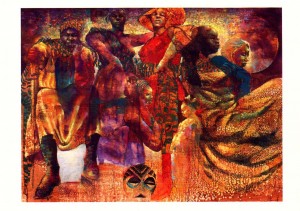
A Room Full of Sisters, 1993 By Paul Goodnight 4’x5′ Mixed Media Commissioned by the Boston Coalition Of Black Women Inspired by Mona Lake Jones’s poem of the same name.
The celebration of Women’s History Month in America has only been around since 1987 (between 1981 and 1986, there was a Women’s History Week, before that…well it’s History). Despite this, women have been making history long before the 1980s and will continue to do so. Some in ways that garner national or international attention, and some that are closer to home but no less amazing. The Boston Coalition of Black Women began in 1991 as the Boston Chapter of the National Coalition of 100 Black Women and became formally independent in 1998 with a mission to “provide leadership and resources that empower our members to advance our community through education, social, economic and civic action.” The Coalition achieved this goal through its various sponsored programs, talks and events. Its mentoring program “Sister-to-Sister” saw itself as a networking group to help Black women at every stage of the job market, from helping a woman get her GED to connecting them to the all-too-few black female c-level executives. “Succeeding Sisters” was a program designed to help acclimate women returning to the workforce after a long absence. When those Sisters did succeed there was always a place and community for them to celebrate with. The Coalition’s “Rites of Passage” program celebrated those in the “Sister-to-Sister” program who graduated and events like the “Salute to Boston Police Women of Color.” The list of members reads like a who’s who of Female Black Excellence in Boston — Vivian Beard, a Massachusetts policy maker for 20 years; Joan Wallace Benjamin, CEO of The Home for Little Wanderers; Callie Crossley, journalist; Carolyn Golden Hebsgaard, Executive Director of Boston Lawyers Group; Karen Holmes Ward, WCVB Director of Public Affairs and Producer of CityLine; Deborah Jackson, Former CEO of Red Cross of Massachusetts and Morgan Memorial Goodwill Industries; and Sarah Ann Shaw, the first African-American TV journalist in Boston — and that is just to name a few. The Boston Coalition of Black Women provided the kind of networking important for women in the workplace, not just for employment success, but for the community. As Roxane Gay says, “If you and your friend(s) are in the same field and you can collaborate or help each other, do this, without shame. It’s not your fault your friends are awesome.” While the Coalition is no longer active, the women who were involved are still out there changing the world, one life at a time creating a chain that cannot be broken. The Boston Coalition of Black Women Collection is just one of several archival collections Northeastern University holds that preserve the history of small organizations in the Boston area that made a huge impact in the day-to-day lives of ordinary people. As the quote from Margaret Mead, that appears on the Coalition’s annual reports, reminds us, “Never doubt that a small group of thoughtful, committed citizens can change the world; indeed, it’s the only thing that ever has.”